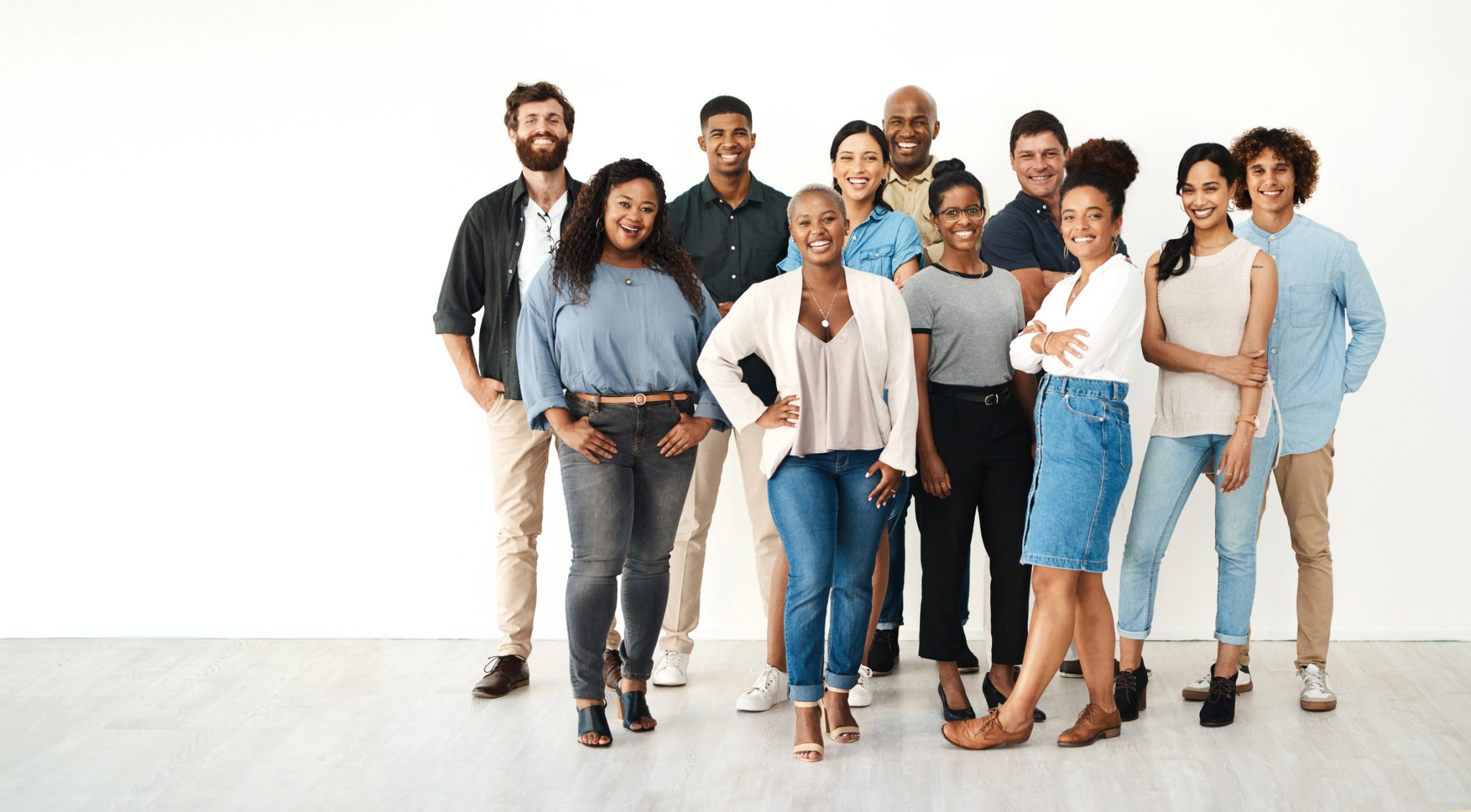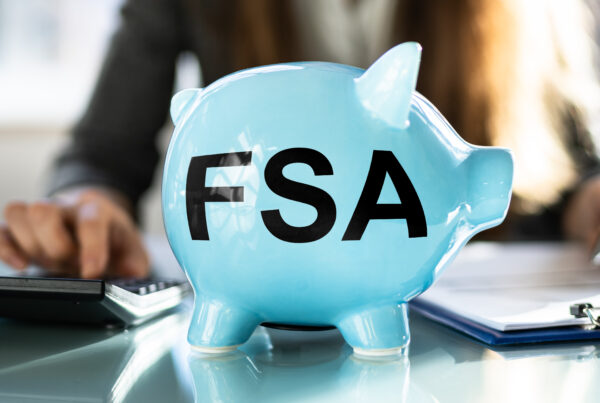By Christopher Plein, Ph.D.
This summer, our OneOp community has been sponsoring a Military Family Readiness Academy (MFRA) dedicated to the topic of Family Well-being: Navigating the Social Justice Landscape. The Academy provides a helpful gateway for professionals working with families in general, and military families in specific, to acquire and apply social justice knowledge and skills. The MFRA is intended to create a virtual learning community that allows participants to take self-paced web-based courses for continuing education credit. It has been augmented by live panel discussions, podcasts, and blogs that provide further context and perspective.
This year’s MFRA was developed to connect social justice principles, issues, and practices with five key domains of Military Family Readiness. As noted in MFRA course materials, these involve the career, social, financial, health, and community contexts of service members and their families. Threaded throughout the Academy are exercises, discussions, lessons, and applications that allow us to see how the social justice landscape interacts with each of these domains.
Sadly, we know from current and past events that the features of the landscape advantage some and disadvantage others. But we might not be aware of how this landscape has been “socially constructed” through programs, policies, and practices that have become embedded in our society and in ourselves. Through their actions, those in positions of responsibility, such as social workers, teachers, family readiness professionals, health care providers, and others may, intentionally or unintentionally, perpetuate and reinforce conditions that lead to inequity and injustice.
However, these same professionals can also be agents for positive change by helping to identify and address causes of injustice and through embracing practices, programs, and policies that engage and empower individuals, families, and communities. This year’s MFRA encourages self-awareness and self-reflection to enable professionals and providers to effectively support service members and family well-being.
Social Justice Courses
The three courses are organized around significant topics relating to social justice, well-being, and professional practice. They also provide continuing education credit for a variety of professions. They are:
- Course 1: Introduction to Social Justice Lenses for Family Well-Being
- Course 2: Family Service Providers: Recognizing and Responding to Inequities
- Course 3: Social Justice and Military Families
To provide further context to the courses and to strengthen our learning community, OneOp has also hosted two live panel discussions, which are now archived and offer continuing education credit. The first, Social Justice and Social Work concentrates on the first two courses, while the second, Social Justice and Military Families concentrates on the last course. Each session weaves together common themes from the Academy in order to further explore key themes and reinforce key lessons. Like the MFRA’s online courses, these archived sessions also provide continuing education credit for those interested.
Reflecting on the Social Justice Landscape
The MFRA poses important, sometimes hard, questions that ask each participant to self-assess and reflect on their place in the social justice landscape. The MFRA is intended to allow each participant to engage in a learning environment that is welcoming and inclusive. Importantly, it allows participants to look deeper into issues and concepts that are often unexplored or underappreciated. These include concepts relating to the construction of individual and social identity, the persistence of structural racism in policy and practice, and power relationships that exist between those in positions of authority and those who may be in need of resources and support. Acknowledging the agency that we all have, the lessons also touch on practices and approaches that invite compassion, cooperation, humility, self-awareness, and a willingness to acknowledge mistakes and to engage others collaboratively in addressing social justice concerns.
With this knowledge and the acquisition of skills, military family support professionals are better prepared and equipped to understand the social justice landscape, address inequities, and help empower others. As described and summarized in Course 3: Social Justice and Military Families, such skills and knowledge make us aware of our own “discretionary power to create a greater sense of belonging and connection among military families.”
Even though we have wrapped up our live events, the opportunity to learn continues. The online courses, panel discussions, podcasts, and blogs remain available for those interested in enrolling in the courses or simply accessing the materials. As with all of our OneOp programming, the courses and contents are free.















